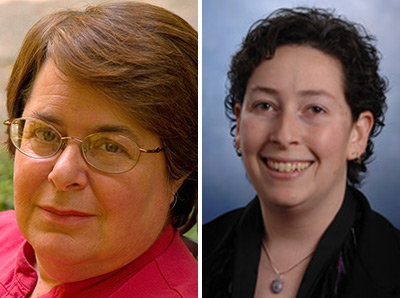Deborah Fein is Board of Trustees Distinguished Professor Emeritus in the Department of Psychological Sciences and the Department of Pediatrics at the University of Connecticut in Storrs.

Deborah Fein
Board of Trustees Distinguished Professor Emeritus
University of Connecticut
From this contributor
‘Prototypical autism’ research is likely a dead end
Efforts to define “frank” or “classic” forms of the condition build on several assumptions that the science has not yet borne out.

‘Prototypical autism’ research is likely a dead end
Journal club: Why do some children lose their autism diagnosis?
More than one-third of a cohort of autistic toddlers no longer meet criteria for the condition at school age, according to a new study, but the findings may not generalize because the cohort is predominantly white and affluent.

Journal club: Why do some children lose their autism diagnosis?
Screening toddlers for autism is worthwhile
A Norwegian study published in February suggested that the Modified Checklist for Autism in Toddlers fails to detect many cases of autism at 18 months of age. The creators of the test explain why there’s more to the story.

Screening toddlers for autism is worthwhile
Explore more from The Transmitter
New connectomes fly beyond the brain
Researchers are mapping the neurons in Drosophila’s ventral nerve cord, where the central nervous system meets the rest of the body.

New connectomes fly beyond the brain
Researchers are mapping the neurons in Drosophila’s ventral nerve cord, where the central nervous system meets the rest of the body.
Building an autism research registry: Q&A with Tony Charman
A purpose-built database of participants who have shared genomic and behavioral data could give clinical trials a boost, Charman says.

Building an autism research registry: Q&A with Tony Charman
A purpose-built database of participants who have shared genomic and behavioral data could give clinical trials a boost, Charman says.
Cerebellar circuit may convert expected pain relief into real thing
The newly identified circuit taps into the brain’s opioid system to provide a top-down form of pain relief.

Cerebellar circuit may convert expected pain relief into real thing
The newly identified circuit taps into the brain’s opioid system to provide a top-down form of pain relief.